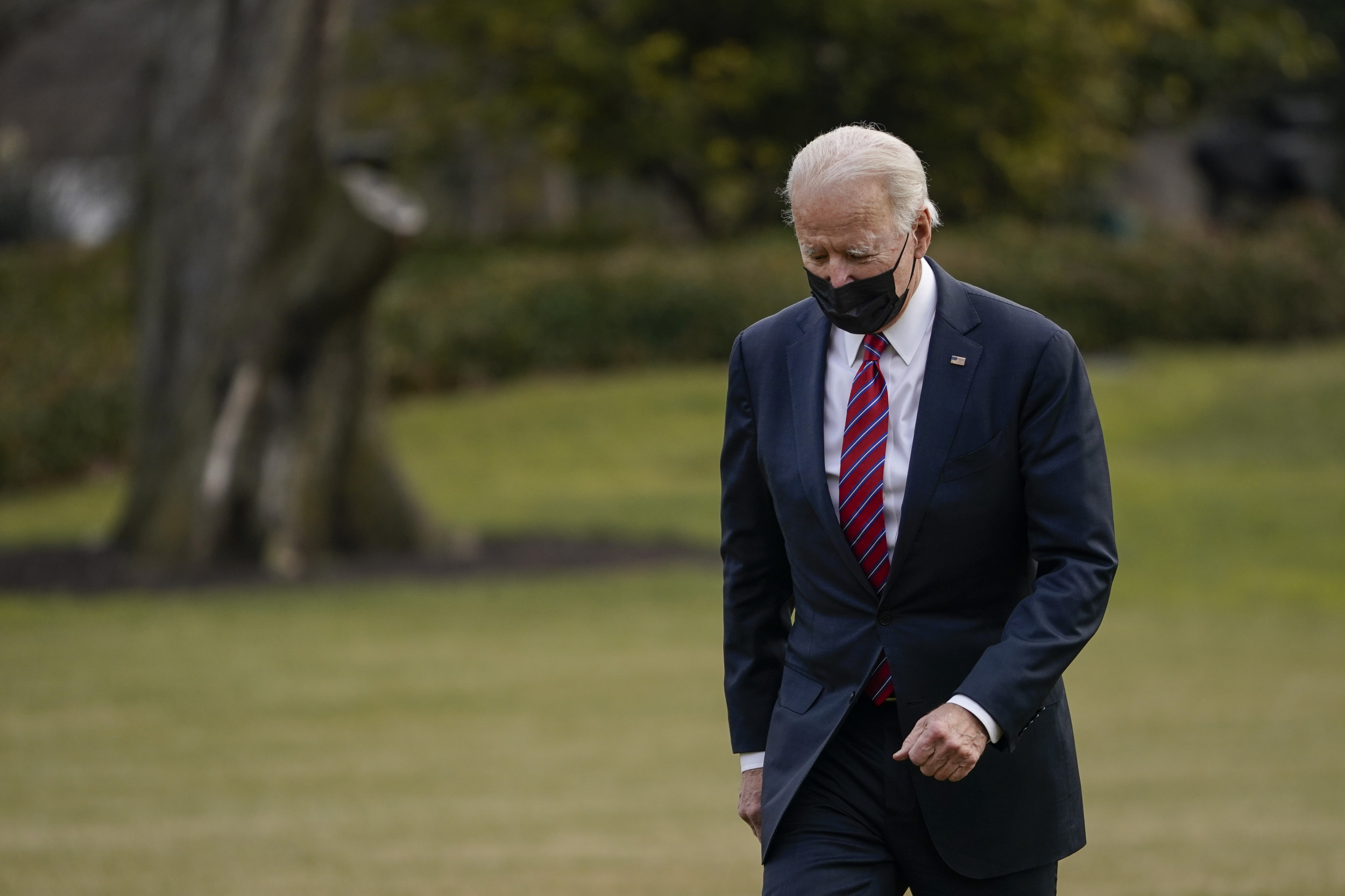Young adults are far more confident in President Joe Biden’s ability to lead the economy from a recession than older people, according to new research.
A Hill-HarrisX poll released on Friday found that 81 percent of respondents aged 18 to 41 believe that the Biden government “will do a good job in dealing with the economic downturn”, compared with 50 percent of those with 65 years or older. Trust declined dramatically after age 50, with 67% of the 35-49 population believing the government would do a good job, but only 51% of the 50-64 age group agreeing.
The biggest difference of opinion was seen depending on political affiliation, with a huge majority of 93% of Democrats believing that Biden would do a good job, compared to just 30% of Republicans and 62% of independents.
Among those who voted for Biden in the presidential election, 97% agreed that he would do well, while 78% of those who voted for former President Donald Trump said Biden would do a “bad job”. Overall, 62% of respondents trusted the Biden government’s ability to deal with a recession.
The poll was conducted online among 941 registered voters on the second and third days that Biden was in office, January 21 and January 22. It has a margin of error of 3.19 percent.

Drew Angerer / Getty
The COVID-19 pandemic plunged the economy into an almost unprecedented crisis in 2020. Data from the Department of Commerce shows that the national gross domestic product (GDP) fell 3.5 percent in the year, the biggest contraction since 1946, when the economy shrank 11.6 percent.
Before 2020, the last year the US economy contracted was 2009, when it shrank by 2.5% amid the Great Recession. However, the entire reduction in GDP in 2020 occurred during the first half of the year, when the pandemic started. From April to June, GDP experienced the biggest quarterly decline in history, 9.5%.
In the third quarter, a record 7.4 per cent increase in GDP signaled a recovery, as blockades were lifted across the country and many workers returned to work. GDP continued to increase during the last three months of 2020, but at a reduced rate of 4 percent, as the pandemic increased with the change of seasons.
The economy is likely to continue to recover during 2021, especially if the pandemic subsides as more people are vaccinated. Although the recession has not been officially declared over, some economists believe it has technically ended, as the economy has probably already reached a low point during the current crisis.
“The recession is when the economy is falling,” said Robert Gordon, professor of economics at Northwestern University. The Washington Post. “The drop was clearly last April, with unemployment at 14.7 percent and production falling, as half of the country closed. There is no way to go back and revisit the April minimum levels.”
Newsweek contacted the White House for comment.
